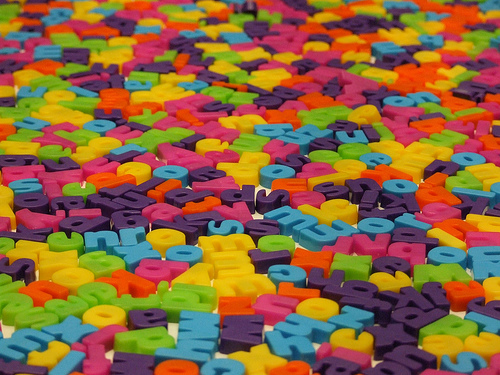Obviously we believe this – even as we deny that it doesn’t matter to ourselves individually. We buy into (and pay attention to) advertising campaigns – which empirically work, too. Many of us think in terms of language – and that can shape the ways that we see the world.
We don’t consciously learn or examine these assumptions; they’re embedded in the culture around us. We learn them by seeing how others react, by seeing how people react to our reactions, and so on. That makes them both invisible, heterogenous, and horribly powerful.
They’re invisible simply because they are assumptions. Recently, I was talking to a friend and referred to another person as “white trash”. She surprised me with the strength of her objection. Okay, I admitted, we want to believe that nobody is “trash”, and everyone has value. And then she pointed out that having to specify “white trash” strongly implied that all non-whites *were* trash.
I had never thought of it that way before.
They’re heterogenous because of the haphazard way we are all acculturated. In the past, I’ve frequently referred to *my* kids as little monkeys. To me, it’s cute and endearing, just another parent with a little pet name for thier kids. Now I’ve learned that it’s not always meant in such a cute and endearing way. What about gay, or queer, or any one of a billion different terms? They get developed as fast as they get stamped down. Who gets the right to determine what’s meant by that term? What about reclaiming of those terms?
Finally, the invisibility of these constructs makes them so powerful. Largely, that invisibility is our own fault – we don’t bother to think about what is said most of the time. Most of the time – not universally, but most of the time – we operate like a “Chinese Room”, translating response A for stimulus A, B3 for B3, and so on. We aren’t – for example – used to thinking of factory workers as “creative”, so it requires special effort to remind all people that they are part of the creative class as well. Explicit naming mechanisms – fireman, Black or female senator, white trash – also imply a specific structure and order behind them.
For us to succeed as a society, for us to be truly creative and innovative, we must be aware of the linguistic walls around us and do our best to demolish them all.

